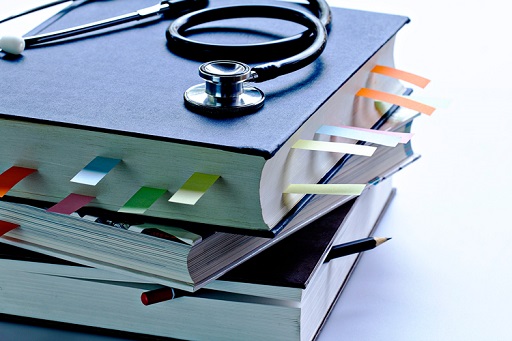Functions of Proteins::
1.Building Block::
The most important function of protein is to supply amino acids to cells for the continuous replacement of cells throughout life it is the building block of our body found in most abundant amount from conception to growth at various levels foetus infant child and during pregnancy and lactation period proteins are very essential
In our body tissues are not in a static state Degradation and resynthesis of protein and other nitrogenous compounds always take place in our cells Tissue proteins are broken down and new substances are continually synthesised in our body Muscles and other tissues bones cartilage and trabecula contain fairly high percentage of proteins our hair nails and skin also contain protein All body fluids except bile and urine have protein in them
2. Regulatory Functions::
Different proteins perform highly specialised regulatory function in the body Haemoglobin which is the chief constituent of the red blood cells carries oxygen to the tissues Oxyhaemoglobin and their alkaline salts permit oxygen to enter into the tissues and receive carbonic acid from the cells This process helps the removal of 92-97 per cent of all carbon dioxide from the tissues plasma proteins especially albumin and globulin play an important role in regulating osmotic pressure and water balance within the body when plasma proteins decrease the water balance is upset and accumulation of fluids in the body takes place proteins enable the blood to maintain their slight alkalinity proteins function as buffers thus helping various sites of chemical reaction to maintain its pH Nucleoproteins contain the blueprint for the synthesis of all body proteins
3.Formation of Enzymes Hormones and other Secretions::
Proteins supply raw materials for the body to synthesise enzymes like trypsin and pepsin hormones like insulin and thyroxine are protein in nature Digestive juices contain protein in them Antibodies which give resistance power to the body are protein in nature They are known as immune proteins
4.Sources of energy::
Protein is generally considered as the building material of our body but when the diet contains insufficient carbohydrate and fat for fuel proteins are used as a fuel by the body Each gram of protein yields four calories But it is not a wise contribution because the nitrogen excretion increases along with the cost of the food
5.Proteins form part of Vital Compounds in body ::
Nitrogenous compounds are present in certain substances of immunological and antigenic reactions Examples of these are globulin of blood serum and chromatin in nucleus methionine an amino acid provides methyl group for the formation of creatinine and choline Tryptophan an amino acid is converted to niacin a B-complex vitamin in emergencies Glutathione a tripeptide of crystine is present in small amounts in all our active tissues and this helps oxidation reduction reactions Histidine an amino acid is decarboxylised to histamine and it is a stimulator of gastric glands to secrete gastric juice it is also used as a dilator of capillaries Theonine another amino acid acts as a lipotropic agent which prevents deposition of excess fat in the liver proteins also help the transport of drugs by binding them into protein molecules Contractile proteins (myocin actin ) regulates muscle contraction
6.Acts as a Binding Factor::
Regional binding protein lipoproteins transferin and serum proteins are very essential to our body for transporting many chemical substances.



0 Comments